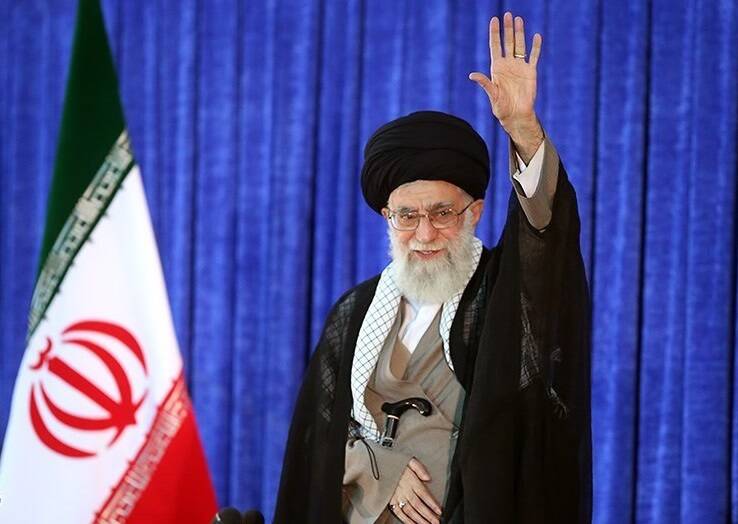 The cease-fire between Israel and Iran may have paused open warfare, but inside the Islamic Republic, a different kind of battle is raging, one that pits the Iranian state against its own citizens.
The cease-fire between Israel and Iran may have paused open warfare, but inside the Islamic Republic, a different kind of battle is raging, one that pits the Iranian state against its own citizens.
The Israeli airstrikes of June 13 dealt a devastating blow to Iran’s military and intelligence infrastructure. High-ranking generals and nuclear scientists were assassinated in their homes. Strategic missile systems were destroyed. Even Iran’s Supreme Leader Ayatollah Ali Khamenei was reportedly forced into hiding. More humiliating still, Israeli operatives appear to have struck from within, using safe houses, microdrones and supply chains embedded deep inside the country.
That revelation has triggered a sweeping internal reckoning — not related to introspection about institutional failures, but with the population itself. In the weeks since the attack, Iran has launched an aggressive nationwide campaign to expose alleged collaborators and saboteurs. The regime’s security services are no longer merely searching for spies; they are demanding the public do it for them.
Notices in state media and on government-linked websites urge citizens to report suspicious behavior, including someone carrying a bag, wearing sunglasses at night, or — tellingly — donning a hat, a rare accessory in Iran. Pickup trucks with covered beds, vans operating after dark and even short-term apartment rentals have all come under official suspicion. The absurd specificity of these warnings exposes that the broader purpose is to instill paranoia and compel mass surveillance by ordinary Iranians against one another.
 Iran’s Supreme Leader Ayatollah Ali Khamenei. (Photo credit: wikicommons/Mahmoud Hosseini)
Iran’s Supreme Leader Ayatollah Ali Khamenei. (Photo credit: wikicommons/Mahmoud Hosseini)
Meanwhile, hundreds have been detained, many without warrants. Trials are being rushed through the judiciary with little transparency and a hastily passed law has broadened the use of the death penalty for espionage. Rights groups warn that minorities, dissidents and dual nationals are being disproportionately targeted. Amnesty International has condemned the crackdown as a cynical attempt to reassert dominance after a profound national failure.
In its effort to root out infiltrators, the Islamic Republic is pressuring those who had no role in the regime’s security and technological failures. Iranians are being forced to live in a state of permanent suspicion, uncertain whom to trust and unsure what ordinary action might be deemed subversive. For a population already weary from economic hardship, censorship and years of political repression, this campaign must feel less like a defense of national security and more like collective punishment.
That said, Iran’s concerns about espionage are not unfounded. Israeli intelligence has demonstrated an extraordinary capacity to operate inside Iranian borders. But rather than acknowledge the institutional rot that made such penetration possible, Tehran has defaulted to its oldest reflexes by suppressing dissent, silencing critics and punishing the powerless. The public, already battered by years of state overreach, now bears the burden of its leaders’ insecurity.
Iranian President Masoud Pezeshkian has spoken of a “golden opportunity” for reflection and reform. We were happy to hear that. But a true reckoning requires courage that the regime has not shown — the courage to confront its own failures, not manufacture enemies to distract from them.
The real victims of Iran’s ongoing shadow war are not spies or foreign agents. They are the millions of Iranians forced to navigate a society where suspicion is law, silence is survival and trust has become an unaffordable luxury. ■
